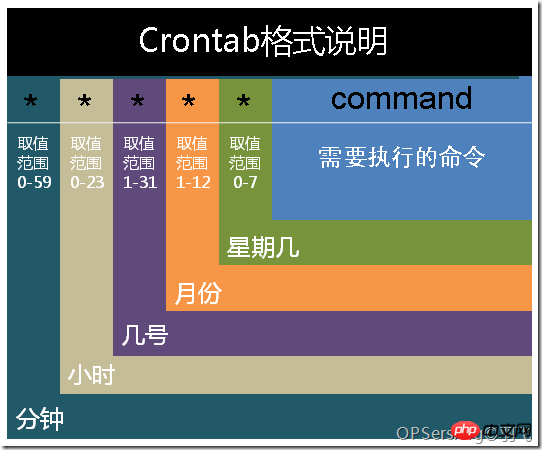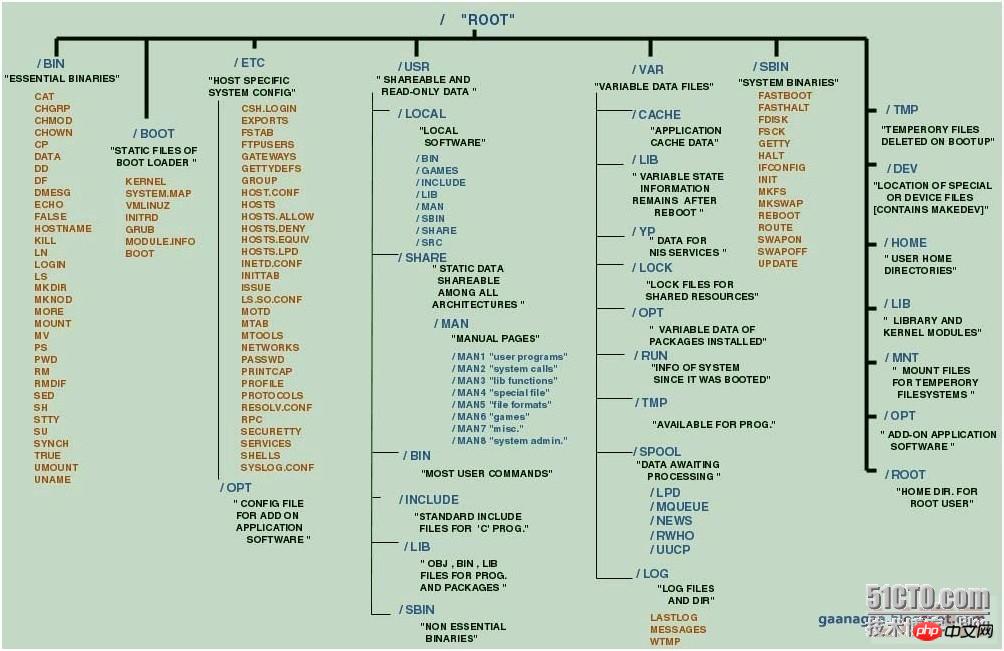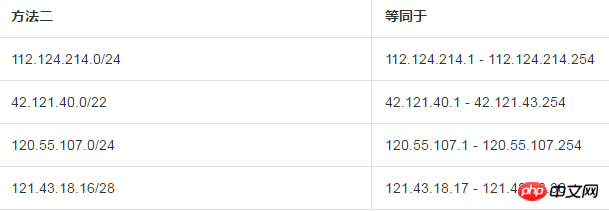
linux系统下使用copendir()函数打开目录时,错误处理至关重要。 copendir()函数成功返回指向DIR结构体的指针,失败则返回NULL。 有效的错误处理能确保程序的健壮性。
以下示例演示了如何使用copendir()并处理潜在错误:
#include <stdio.h> #include <dirent.h> #include <stdlib.h> #include <errno.h> //包含errno头文件 int main() { DIR *dir; struct dirent *entry; char *directory_path = "some_directory"; // 将目录路径存储在变量中,方便修改和阅读 // 打开目录 dir = opendir(directory_path); // 错误处理 if (dir == NULL) { fprintf(stderr, "Error opening directory '%s': %sn", directory_path, strerror(errno)); // 使用strerror()更易读 exit(EXIT_FAILURE); } // 读取目录内容 while ((entry = readdir(dir)) != NULL) { printf("%sn", entry->d_name); } // 关闭目录 if (closedir(dir) == -1) { fprintf(stderr, "Error closing directory '%s': %sn", directory_path, strerror(errno)); exit(EXIT_FAILURE); // 添加closedir的错误处理 } return 0; }
此示例中,我们使用了strerror(errno)代替perror(),它直接返回错误描述字符串,使错误信息更清晰易懂。 此外,我们也添加了closedir()函数的错误处理,确保资源得到正确释放。
常见的错误代码(errno)及其含义可以在/usr/include/errno.h中找到,例如:
- ENOENT: 目录不存在。
- EACCES: 权限不足。
- ENOMEM: 内存不足。
记住,错误处理方式应根据具体应用场景而调整。 除了打印错误信息,你可能还需要尝试其他策略,例如重试操作、记录日志或向用户提供友好的错误提示。
© 版权声明
文章版权归作者所有,未经允许请勿转载。
THE END


















